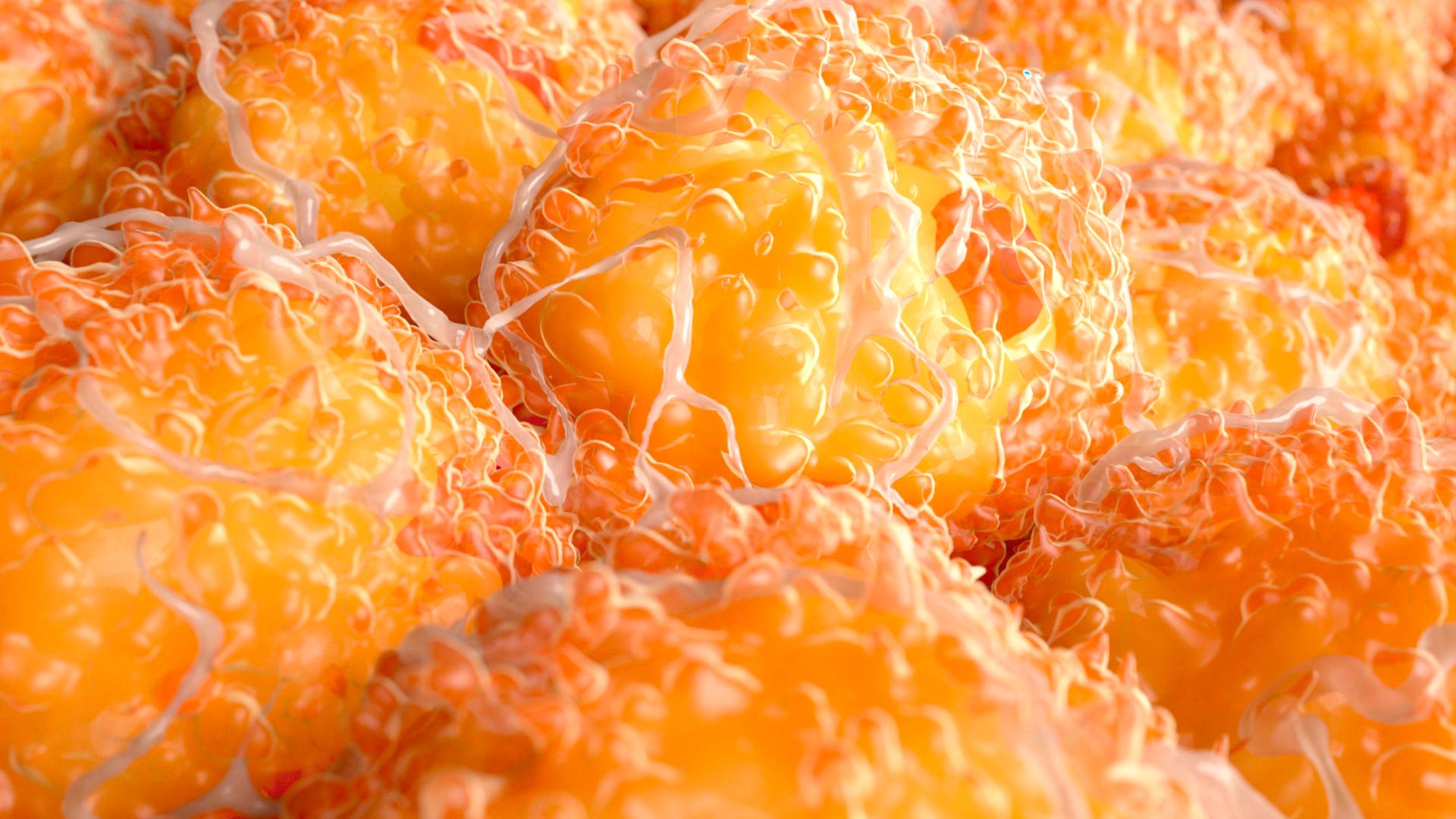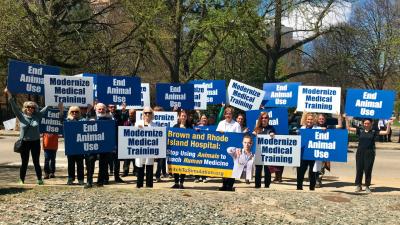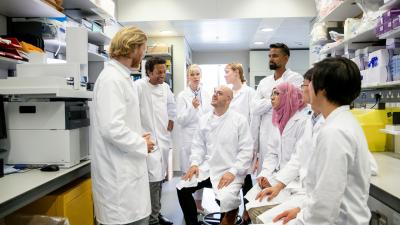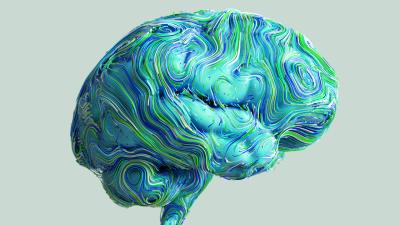Adipose Tissue Models for Advancing Obesity and Diabetes Research

Study in a Sentence: The biotechnology company, Obatala Sciences, developed ObaCell® Obesity-on-a-Chip technology that enables a more holistic understanding of human adipose tissue, an essential organ that impacts a range of metabolic diseases, including obesity and diabetes, by simulating fasting and feeding in a human model system.
Healthy for Humans: Obesity is a significant public health challenge, affecting 42% of adults in the U.S., with certain groups being disproportionately impacted, highlighting the need for a personalized approach to studying the disease. The Obesity-on-a-Chip platform can be used with tissues donated from patients with different demographic variables like body mass index, gender, age, and metabolic disease to better mimic human biology than traditional development approaches.
Redefining Research: Researchers have coupled the Obesity-on-a-Chip platform with artificial intelligence image analysis to screen drug candidates for their potential to treat obesity and reduce the risk of cardiovascular disease in people with type 2 diabetes. This model can increase the speed and sensitivity of research and will have a significant impact on the translation and discovery-based phases of therapeutic development.
References
- Frazier T, Hamel K, Wu X, et al. Adipose-derived cells: building blocks of three-dimensional microphysiological systems. Biomater Transl. 2021;2(4):301-306. doi:10.12336/biomatertransl.2021.04.005
- Frazier TP, Lim A, Lassiter HR, et al. ObaCell® obesity-on-a-chip, a platform for disease modeling and drug development. AI image analysis and GLP-1 agonist Study. Accessed Nov. 22, 2024. https://static1.squarespace.com/static/5ca3f4df34c4e2428899835d/t/666c6d3a1c8b3d687ffe2f99/1718381883385/MPS2024_Abstract2+Poster_Obatala_Mol+Devices.pdf







